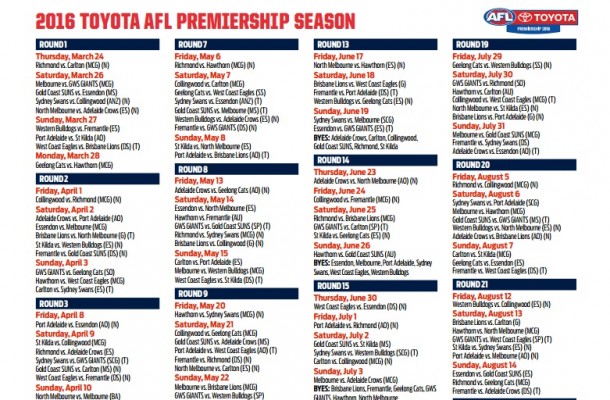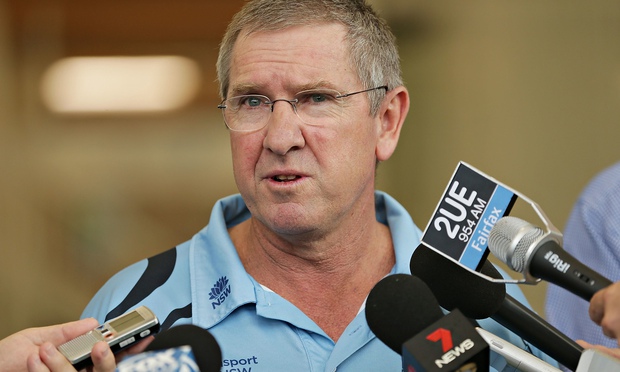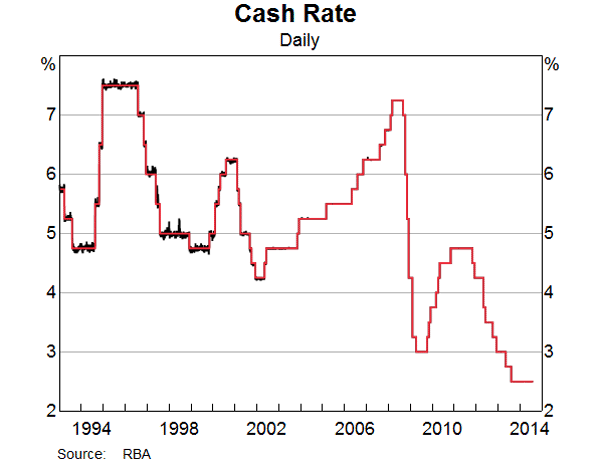I ‘dropped’ (as they say these days) my latest op ed in the Australian Financial Review (today, Thursday 7 April), called: “Clash of Rivals will Boost Flagging Football Crowds” on p.47 of the hard copy. The link is here, but if you find it gated for you, then e-mail me to request a copy.
It builds on a paper that is forthcoming to be published soon, with Dr Jordi McKenzie (Macquarie University) and Stephan Lenor (University of Heidelberg, Germany).
In a good day all-round media-wise, I was also interviewed on ABC Radio Melbourne (774 AM) with Jon Faine regarding this research. Audio of the interview is available here for one week (go straight to 57:15).
We believe that using our mathematical optimisation technique, we could increase AFL attendance by 100,000 spectators a year via a simple reform of how the fixture is determined (It could also do a similar thing for the NRL). This change would not even compromise the fixture with respect to any of its existing constraints. Over to you, League officials!!!









